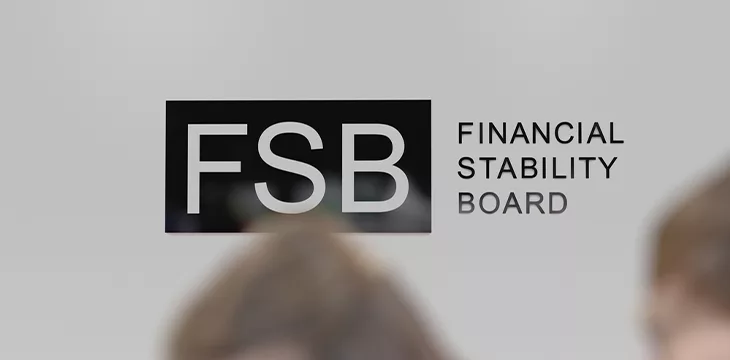
|
Getting your Trinity Audio player ready... |
In July 2023, the Financial Stability Board (FSB) published a global regulatory framework for G20 countries.
The guidelines require the top twenty economies to ensure digital currency platforms segregate client funds in separate functions to reduce conflicts of interest and submit to authorities who will ensure cross-border overweight and cooperation.
Now, the FSB has released its 2024 work program, which says implementing its 2023 framework is “crucial.”
The FSB also plans to take a closer look at tokenization, including exploring planned asset tokenization projects and completing work on its financial stability implications.
There will also be reports on the financial stability implications of AI and tokenization in 2024.
Tokenization is a trend
Those who understand Bitcoin have always known it is capable of tokenization, and the popularity of tokens like ORDI and others in the BTC on-chain economy has proven it.
Finally, tokenization seems to be receiving the attention it deserves, and its potential implications are beginning to sink in. Even Larry Fink, CEO of BlackRock, recently said the spot BTC ETFs were “stepping stones” to tokenization. Clearly, Fink grasps the bigger picture, and you can be sure other financial titans do, too.
However, what many haven’t yet realized is that paying $30+ fees to mint and transfer tokens on BTC or paying even higher fees on Ethereum isn’t sustainable. Those fees just won’t work for most of the world’s population. $30 may not mean a lot to BlackRock, but it may be a week’s pay for the world’s poorest.
While Fink and other Wall Street titans are focused on tokenizing real estate, stocks, bonds, promissory notes, and other financial instruments, everything can be tokenized. Customer loyalty points, digital keys, and even everyday items can be tokenized, allowing them to be tracked and traced precisely through the global supply chain.
Of course, for this to work, a single, scalable, immutable ledger will have to be used. Even 100,000 transactions per second won’t cut it; we’ll need millions and eventually billions for the full benefits to be realized.
FSB 2024 work program shows regulators are serious
Aside from bringing tokenization further into the limelight, the FSB’s work program emphasizes that regulators are serious about enforcing and implementing guidelines. The message is loud and clear: the framework wasn’t just issued for fun, and we’re going to make sure it’s followed.
For years, CoinGeek has been reporting on new regulations as they pass and on the prosecution of those who violate the existing ones that always apply. 2024 will be a year in which regulations take hold, crackdowns continue, and tokenization/the true utility of blockchain begin to overtake speculation and fraud-fueled gambling.
Make sure to subscribe to CoinGeek to stay updated with the latest on these and other topics.
Watch: Blockchain regulation with Marcin Zarakowski
Recommended for you
Lorem ipsum odor amet, consectetuer adipiscing elit. Elit torquent maximus natoque viverra cursus maximus felis. Auctor commodo aliquet himenaeos fermentum
Lorem ipsum odor amet, consectetuer adipiscing elit. Accumsan mi at at semper libero pretium justo. Dictum parturient conubia turpis interdum

 11-22-2024
11-22-2024


